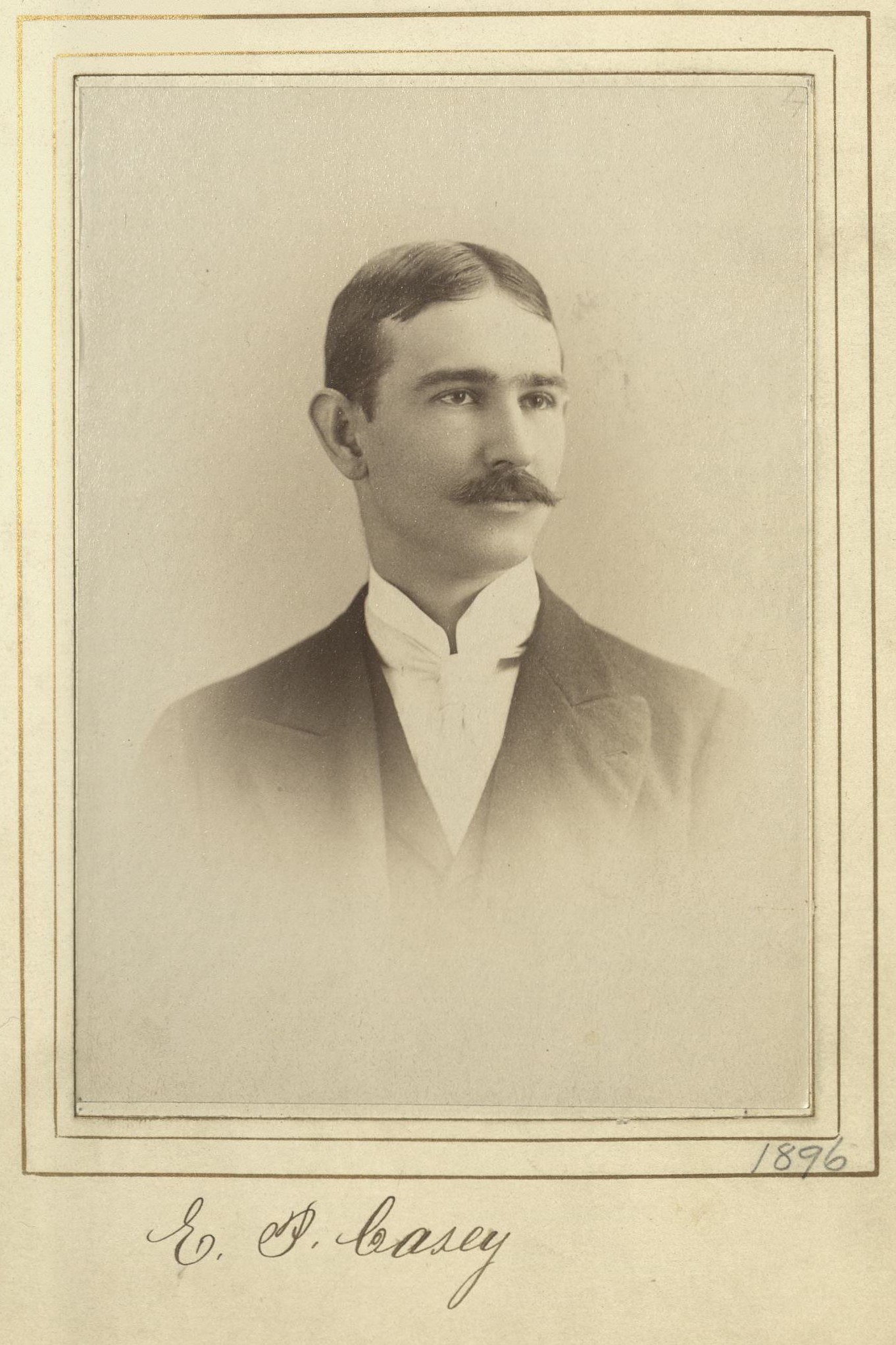Member Directory,
1847 - 1922
Thatcher T. P. Luquer
Civil Engineer
Centurion, 1918–1958
Edward P. Casey and Howard T. Kingsbury
Bedford, New York
Bedford Hills, New York
Age fifty-one
Mount Kisco, New York

Archivist’s Notes
Son of Lea Luquer; brother of Lea McI. Luquer
Century Memorial
Thatcher Luquer was born in Bedford, where his father [Lea Luquer] was Rector of St. Matthews Church for more than 50 years, and he lived there all his life. He went to Trinity School, at Tivoli, and graduated from Columbia (C.E.) in 1889, and was first employed in the engineering department of the New York Telephone Co. In 1900 he opened his own office in the City, and, in the course of time, was connected with numerous dam and construction projects in the northeast.
In the First World War he served overseas as Colonel of the 306th Engineers, and was decorated with the medal Des Soldates de Verdun. He was always interested in military affairs, and prominent in various orders and associations of veterans and officers.
He was a bachelor, and he lived with his sister, Miss Eloise Luquer, who was three years his senior. She was, without question, the dominant figure in this brother-sister ménage; and when the good lady died about ten years ago the Colonel, at the age of 82, had his first taste of unsupervised freedom. He went on cruises to the West Indies, and the Spanish Main, and even to the coast of Africa—far better employments than living in a dreary, English-style country house in Bedford Hills, attended by three loyal but superannuated domestics.
As many members of the Club will recall, the Colonel was a distinguished-appearing, hawk-nosed, slightly bent, old gentleman, the obvious original of a cartoonist’s dream of a retired British army officer. In late years he became very deaf; and this added to his formidableness, but in no way detracted from his fierce independence. He wouldn’t let anyone help him on with his coat.
He never threw anything away; and his house was filled with letters, papers, and books—some interesting, some quite otherwise—mostly connected with military matters. He was a dry old man of few words, not given to philosophy or reminiscence, explosive sometimes but always polite, and a good rapid talker when he got going.
He died at 92 [sic: 91], a picturesque link with the past.
George W. Martin
1959 Century Association Yearbook



